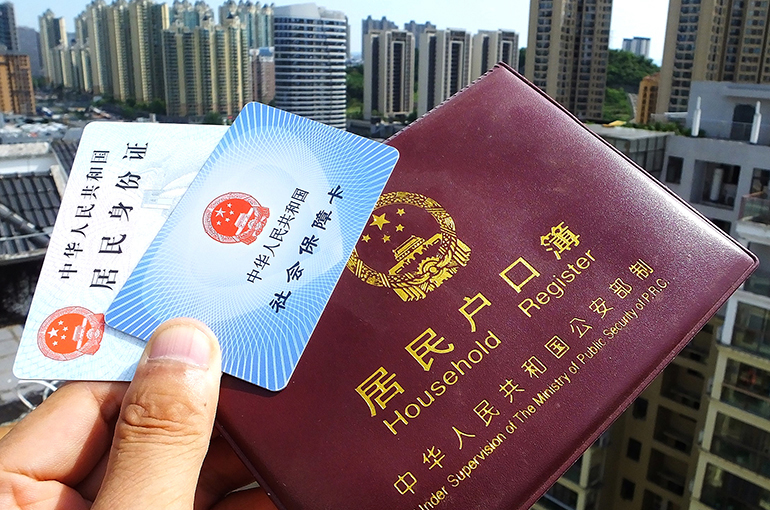 Guangzhou Is First of China’s First-Tier Cities to Grant Permanent Residency to Home Buyers
Guangzhou Is First of China’s First-Tier Cities to Grant Permanent Residency to Home Buyers(Yicai) Nov. 19 -- Guangzhou in southern Guangdong province is set to become the first Chinese first-tier city to introduce a policy allowing home buyers to receive a permanent residence permit.
Individuals who buy an apartment in seven suburban districts and have paid social security in Guangzhou for at least one year can apply to obtain residency status, also known as hukou, according to a draft policy issued by the local government yesterday. The city has a total of 11 administrative districts.
China’s hukou system has imposed significant restrictions on the migration of rural workers to urban areas. Small cities have recently begun to relax or abolish the old rigid household registration system, while first-tier cities have so far kept tight regulations for individuals who want to apply for residency.
The move, which makes Guangzhou a pioneer among first-tier cities in granting residency status through real estate investment, is expected to stimulate the local property market, driven by individuals’ desire to settle in the city, Li Yujia, chief researcher at the Guangdong Provincial Housing Policy Research Center, told Yicai.
The new policy will confer more purchasing power to the real estate market in the seven districts, potentially leading to a new buying spree by the end of the year, said Xiao Wenxiao, chief analyst for the Guangzhou-Foshan region at China Real Estate Information.
Guangzhou is not the only Chinese first-tier city that has eased home-buying restrictions after the central government introduced a stimulus package in late September, which led to a notable recovery of the real estate market in October.
Shanghai and Beijing announced yesterday that they would cancel some standards for the classification of houses into ordinary and non-ordinary that was implemented during the property boom. The change will slash the deed tax and value-added tax burden on people buying and selling apartments.
Under the previous regulations, individuals in Shanghai and Beijing selling houses larger than 140 square meters were subject to higher VAT rates, and related buyers were required to pay higher deed taxes.
The relaxation of the policy will save second-hand home sellers hundreds of thousands of Chinese yuan in transaction taxes, while buyers will benefit from lower deed taxes, said Lu Wenxi, a market analyst at Shanghai Zhongyuan Real Estate. This will enhance the bargaining space for both parties and help maintain the vibrancy of the pre-owned housing market, Lu added.
Editors: Tang Shihua, Futura Costaglione